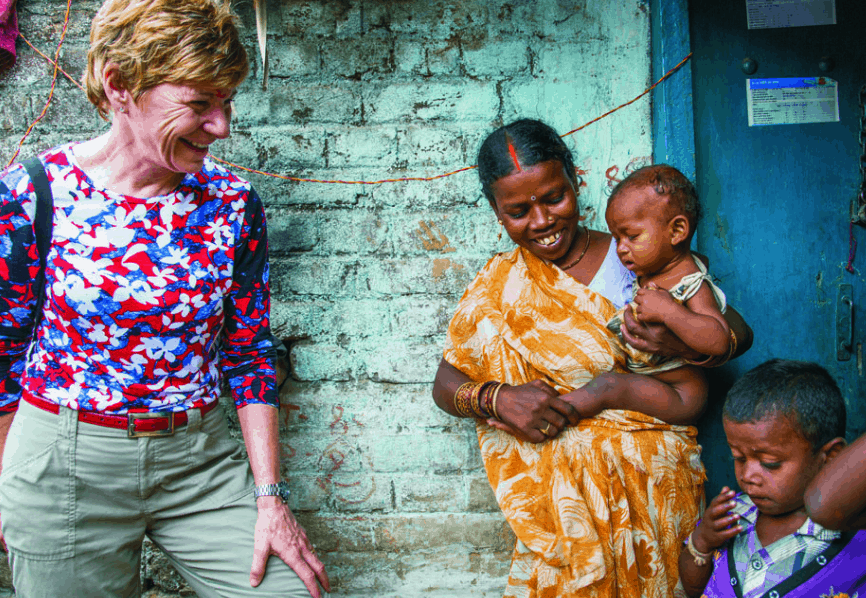
The CEO of the Bill & Melinda Gates Foundation, Sue Desmond-Hellmann, penned a letter on her second anniversary with the company about the progress that’s been made in fighting diseases and poverty around the world.
Desmond-Hellmann wrote specifically of the victories being made fighting tobacco usage and the deadly “sleeping sickness.”
She writes of the “more than a billion people” who use tobacco around the world and the money and resources the Gates Foundation has invested in ending the tobacco epidemic in developing countries throughout Africa and Asia. She cites the Philippines and their work as a shining example: There, the Philippine government enacted the “Sin Tax Law,” which increased taxes on tobacco, drastically reducing the number of smokers, increasing the money available in a household and allowing the Philippine Department of Health to extend their subsidized health insurance.
Another major breakthrough, was in the fight against “sleeping sickness,” a tropical disease called Human African trypanosomiasis that spreads through tsetse flies and results in death almost 100 percent of the time, if left untreated.
Sleeping sickness is in the category of neglected tropical diseases (NTDs) that historically don’t receive as much funding or attention. Desmond-Hellmann gave the example of Uganda, where there were 300 cases in 2006, 10 cases in 2013 and so far this year, only four.
Though the Gates Foundation has made major strides in some areas, Desmond-Hellmann said more work needs to be done in other areas, including the American education system. The letter though offers an encouraging look at the ambitions of the organization to tackling some of the world’s biggest problems:
What if infectious diseases could no longer wreak havoc on poor communities? What if women and girls everywhere were empowered to transform their lives? What if all children–especially the poorest–had an equal opportunity to reach their full potential?
For more than 15 years, the Gates Foundation has been imagining what’s possible. Our belief that all lives have equal value guides everything we do to eradicate poverty and increase opportunity for the people we serve.










